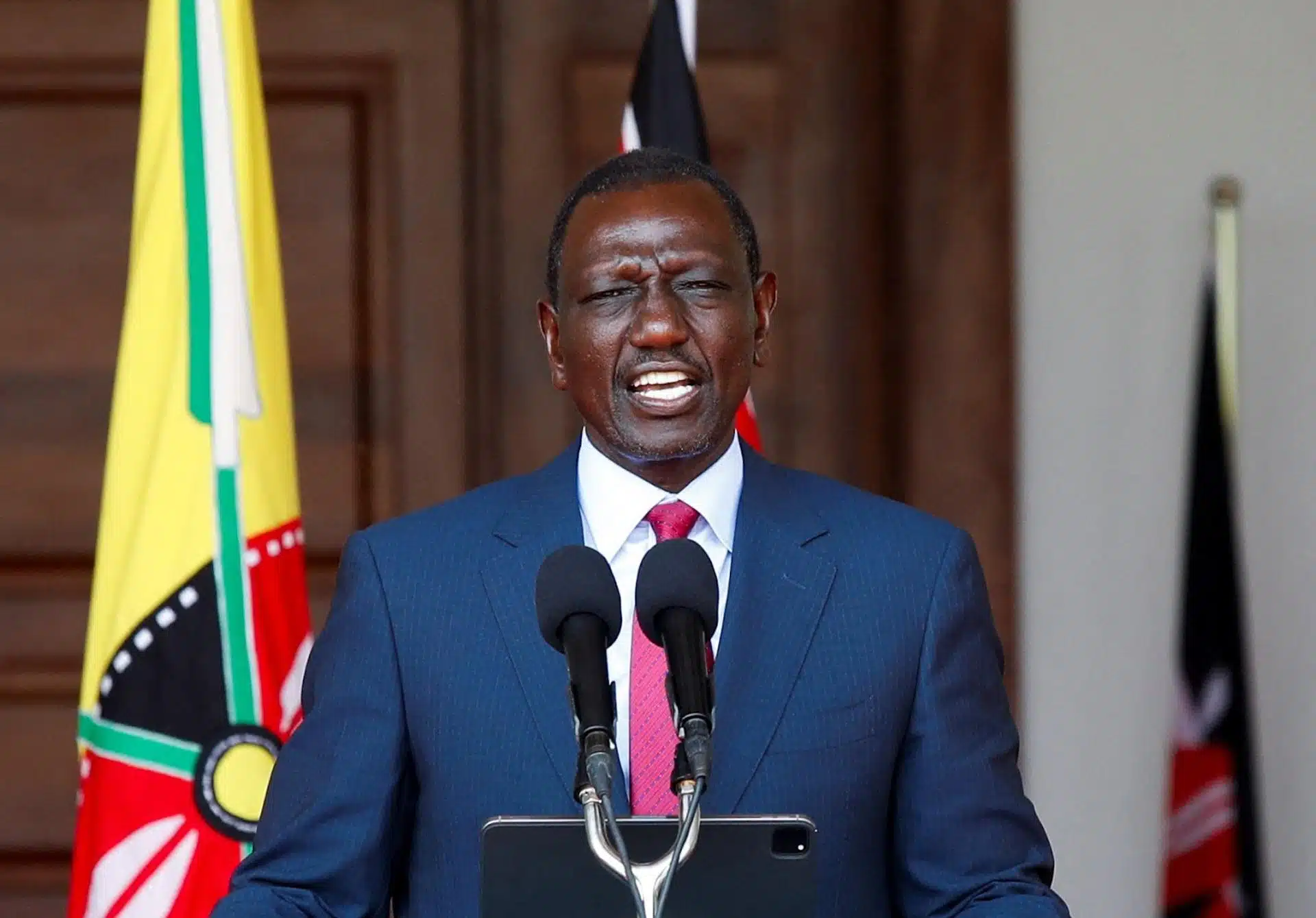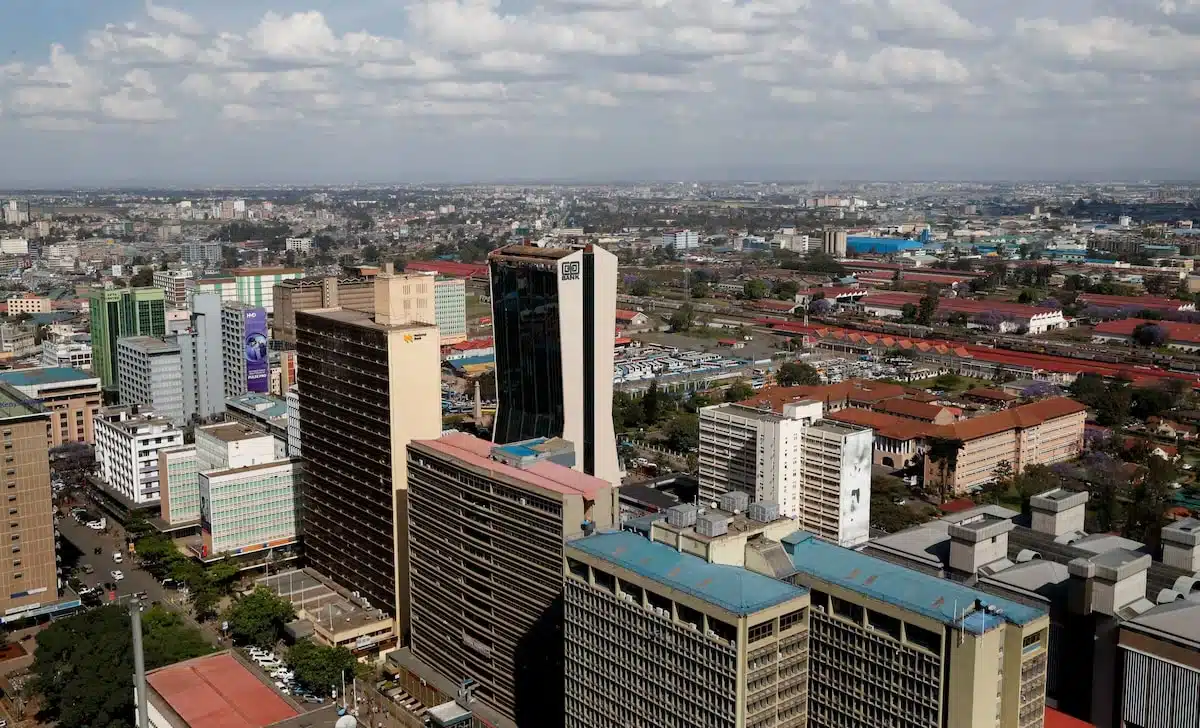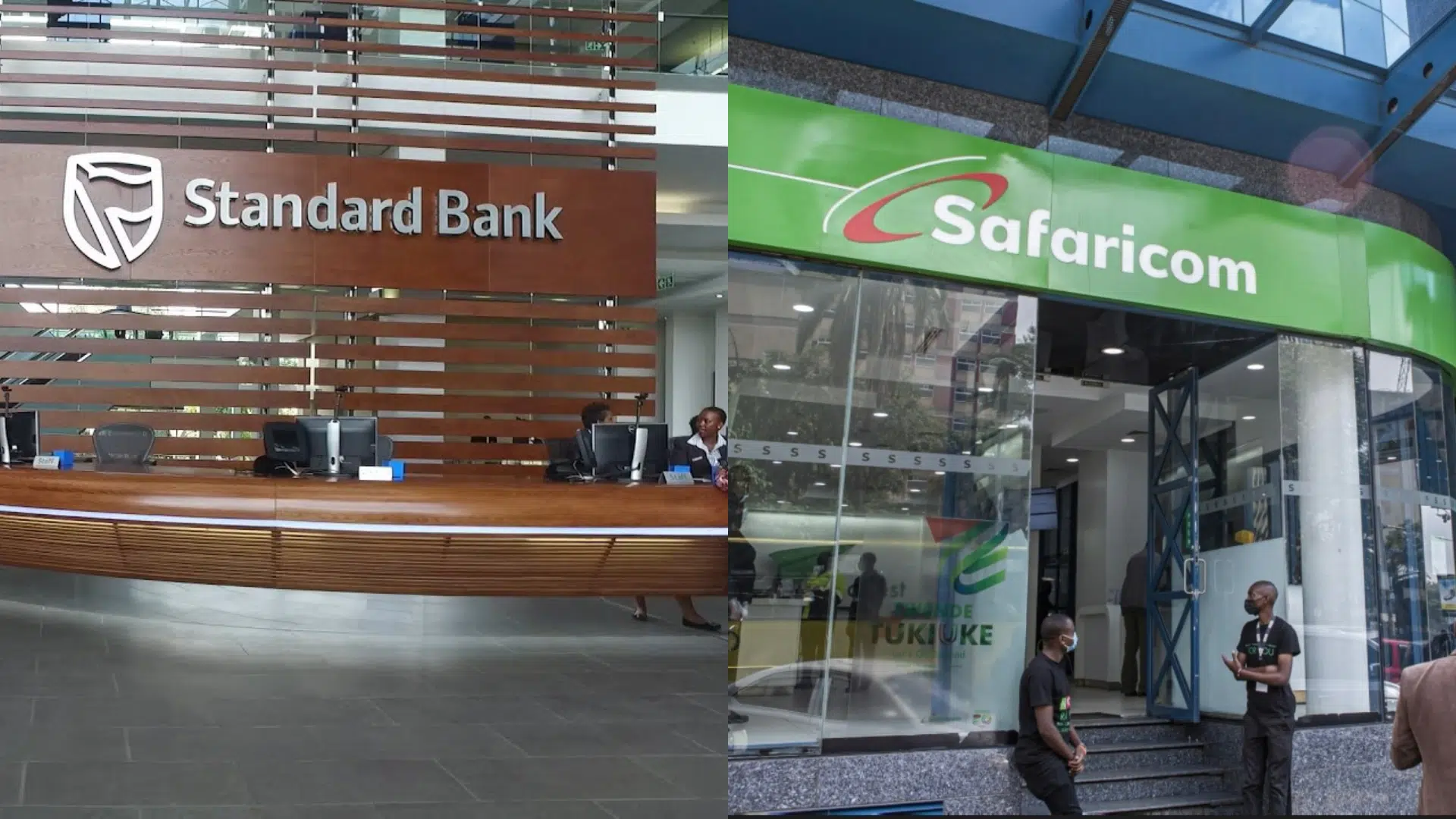Almost 57% of foreign-owned enterprises in Kenya plan to reinvest or expand their operations over the next three years, committing at least KSh100 million ($745,000), according to the latest Foreign Investment Survey (FIS).
The survey—conducted by the Kenya National Bureau of Statistics (KNBS) in partnership with the Central Bank of Kenya (CBK) and Kenya Investment Authority (KenInvest)—shows that foreign businesses are betting big on Kenya’s reform momentum, skilled workforce, and access to regional markets.
Data was collected between November 2024 and February 2025, with most respondents located in Nairobi. A total of 968 questionnaires were administered, yielding a 77.6% response rate. Of these, 603 enterprises reported having foreign assets and liabilities.
According to the survey:
- 14% of enterprises plan to invest above KSh 1 billion ($7.45 million).
- 29.1% plan to invest between KSh 101 million–1 billion ($752,400–$7.45 million).
- 56.9% plan to invest at least KSh 100 million ($745,000).
On future investment plans (next three years):
- 39.5% of firms intend to reinvest or expand.
- 25% plan to diversify.
- 30.3% expect to maintain current levels.
- Only 3.9% plan to scale down, while 1.4% indicated they will exit.
Rising liabilities and inflows
The FIS reported that Kenya’s stock of foreign liabilities rose by 3.4% year-on-year to KSh 2.34 trillion ($19.9 billion) at the end of 2023, up from KSh 1.65 trillion ($14.1 billion) in 2018 — a 42% increase over six years.
A key driver was an 8.5% rise in Foreign Direct Investment (FDI), equivalent to KSh 199 billion ($1.7 billion) in new inflows. The growth reflects investor confidence in Kenya’s reform agenda, skilled labour pool, and role as a regional market gateway.
Why investors choose Kenya
Among enterprises established since 2019:
- 22.9% cited skilled labour as the top factor.
- 17.1% each highlighted market access and ease of doing business.
- 14.3% saw Kenya as a logistics hub.
Other factors included macroeconomic stability (8.6%), technology and innovation (8.6%), access to e-government services (5.7%), and political stability (5.7%).
However, investors also highlighted the high cost of enabling services:
- 70.1% flagged the electricity supply as the most expensive.
- Financial services (58.5%), immigration services (55.8%), and business permits (51.8%) also ranked high.
- Internet, construction, water supply, and environmental services were rated as moderately costly.
Origin of investments
- Europe remained the dominant source of liabilities, accounting for 35% of the 2023 stock. The United Kingdom led with 46.4% of Europe’s share, followed by the Netherlands at 17.3%.
- Africa contributed 26.4%, driven by inflows from South Africa, the Democratic Republic of the Congo, and Mauritius.
- Asia’s share fell to 9.3%, with declines from India, the United Arab Emirates, and China.
- America’s share grew to 9.1% (KSh 212.1 billion/$1.81 billion), largely from the US, British Virgin Islands, and Canada.
Sectoral investment
- Finance & insurance attracted the most FDI at 28.1%, rising to KSh 409.7 billion ($3.5 billion).
- Manufacturing followed with 14.8%, increasing to KSh 216.2 billion ($1.84 billion).
- ICT grew by 8.1% to KSh 186.6 billion ($1.59 billion).
- Wholesale & retail trade declined slightly to KSh 169.8 billion ($1.45 billion).
Investor sentiment and employment
The survey showed 68% of foreign firms are confident in Kenya’s business environment, citing skilled labour, market access, and reforms.
Employment in foreign-owned firms rose by 3.3% to 224,704 workers in 2023. Women made up 39.1% of the workforce, up from 37.8% in 2022, reflecting progress in gender inclusivity.
Looking ahead, 39.5% of surveyed firms plan reinvestment and expansion, while 25% aim to diversify — underscoring broadening investor interest beyond traditional sectors like finance, manufacturing, and ICT.
Challenges remain
Despite the positive outlook, investors flagged:
- High electricity costs,
- Regulatory bottlenecks,
- Tax complexities, and
- Corruption.
These structural issues raise operational costs and reduce predictability, potentially discouraging expansion. Stakeholders stress reforms in energy pricing, tax administration, and regulatory transparency as critical to sustaining investor momentum.
The road ahead
While Kenya’s investment appeal is growing, challenges persist. High energy costs, tax complexities, regulatory bottlenecks, and corruption continue to undermine competitiveness. Addressing these obstacles—through reforms in energy pricing, tax administration, and regulatory transparency—will be critical if Kenya is to cement its position as the region’s premier FDI hub.
The sharp rise in foreign inflows underscores investor confidence, but sustaining momentum will depend on how effectively policymakers tackle these structural hurdles.
Note: Figures were originally reported in Kenyan Shillings and converted using average official exchange rates of KSh0.0075/$1 (2024), KSh0.0072/$1 (2023), and KSh0.0099/$1 (2018).











